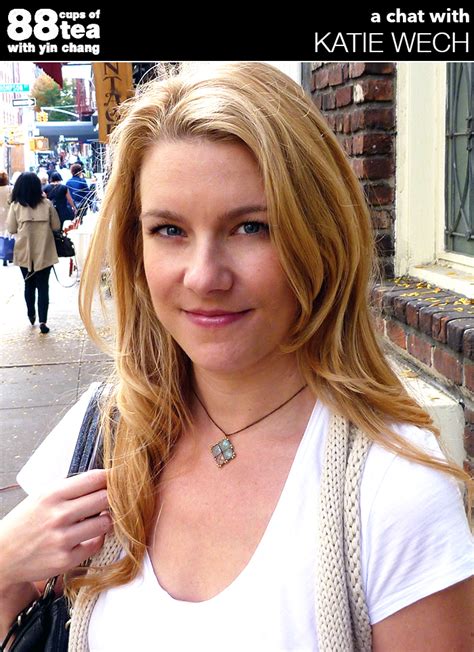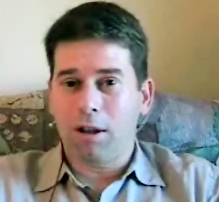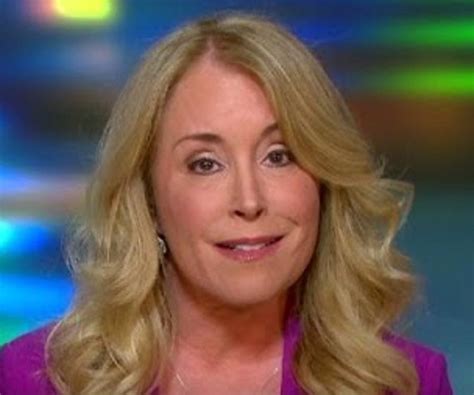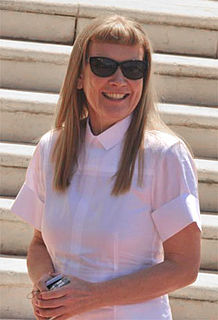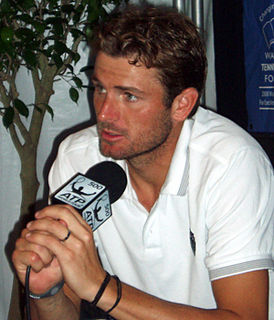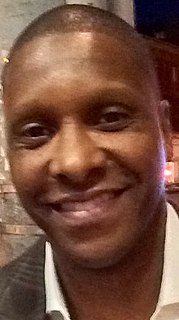A Quote by Amy Bloom
'Normal' is not clinical, it's not autobiographical, and I don't claim to be objective. It's strictly my perceptions and thoughts about the people that I met and the stories that I heard. It was never meant to be an academic work.
Related Quotes
Each of us is comprised of stories, stories not only about ourselves but stories about ancestors we never knew and people we've never met. We have stories we love to tell and stories we have never told anyone. The extent to which others know us is determined by the stories we choose to share. We extend a deep trust to someone when we say, "I'm going to tell you something I've never told anyone." Sharing stories creates trust because through stories we come to a recognition of how much we have in common.
Academic environments are generally characterised by the presence of peole who claim to understand more than in fact they do. Linguistic Philosophy has produced a great revolution, generating people who claim not to understand when in fact they do. Some achieve great virtuosity at it. Any beginner in philosophy can manage not to understand, say, Hegel, but I have heard people who were so advanced that they knew how not to understand writers of such limpid clarity as Bertrand Russell or A.J. Ayer.
Like most filmmakers and writers, there are roots in my own life, but they are stories that I invent. There was a period of time in my life when I made directly autobiographical films where I truly told what happened to me. But, now, I don't make directly autobiographical films anymore. I am more for renouncing that and being in front of history. The large part of my work tells about something I know. It's close.
I don't need to praise anything so justly famous as Frost's observation of and empathy with everything in Nature from a hornet to a hillside; and he has observed his own nature, one person's random or consequential chains of thoughts and feelings and perceptions, quite as well. (And this person, in the poems, is not the "alienated artist" cut off from everybody who isn't, yum-yum, another alienated artist; he is someone like normal people only more so - a normal person in the less common and more important sense of normal.)
People have these perceptions; maybe they've been here for a day, or have only heard about it. It was like when I first came to work here. You want to see the clean city that is always talked about, how nice the people are, the restaurants, the vibe, how diverse the city is. That's what we want to show: what an enjoyable city it is, what a great city it is. Forget about basketball.

